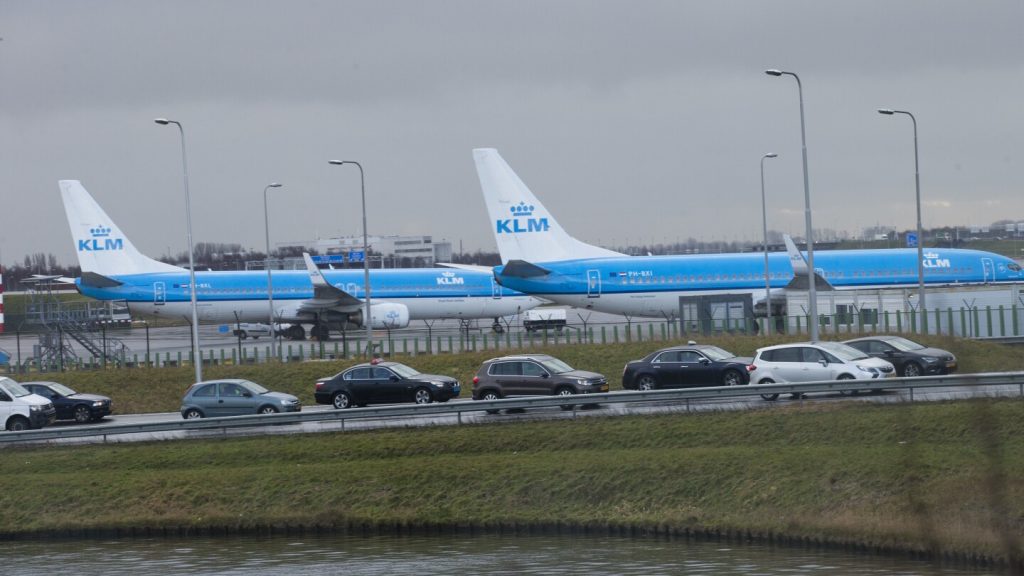KLM, the Dutch airline, has announced a series of cost-cutting measures and changes aimed at improving the carrier’s financial situation in the wake of the COVID-19 pandemic. The airline, like many others in the industry, has been struggling with high costs and staff shortages despite the fact that its planes are full. The Air France-KLM group, of which KLM is a part, suffered a 7.1 billion-euro loss in 2020 due to the pandemic, leading to a 67% decrease in passenger numbers.
The measures announced by KLM are expected to improve the airline’s operating result by 450 million euros in the short term. While the airline did not explicitly mention staff cuts, CEO Marjan Rintel acknowledged that the changes will be painful for all KLM employees but are necessary for the company. The cost-cutting efforts are also intended to pave the way for investments in updating KLM’s fleet with quieter and more fuel-efficient planes, according to the chief financial officer, Bas Brouns.
In addition to increasing productivity and addressing pilot shortages, KLM plans to achieve a better balance between European and long-haul flights and explore the possibility of outsourcing maintenance. The airline is also looking into reconsidering or postponing certain investments and evaluating options to outsource, divest, or cease activities that do not directly contribute to flight operations. Labor unions, such as the FNV KLM Ground Personnel, have expressed the need to closely monitor the impact of these plans on the airline’s staff and will engage in discussions with KLM regarding any potential consequences.
The global pandemic has had a significant impact on the aviation industry, with airlines worldwide facing financial challenges and operational disruptions. KLM’s decision to implement cost-cutting measures reflects the ongoing struggle to recover from the effects of the pandemic and adapt to the rapidly changing environment. The airline’s focus on improving its financial performance while also investing in more efficient and environmentally friendly aircraft highlights the balancing act that airlines must navigate in order to emerge stronger from the crisis.
As KLM navigates these challenges, it is crucial for the airline to prioritize job protection while also making necessary adjustments to its operations and cost structure. The importance of collaboration with labor unions and open communication with employees will be key in successfully implementing these changes while maintaining a positive working environment. With a strategic approach to overcoming obstacles and a commitment to long-term sustainability, KLM aims to position itself for future growth and resilience in the post-pandemic era.


